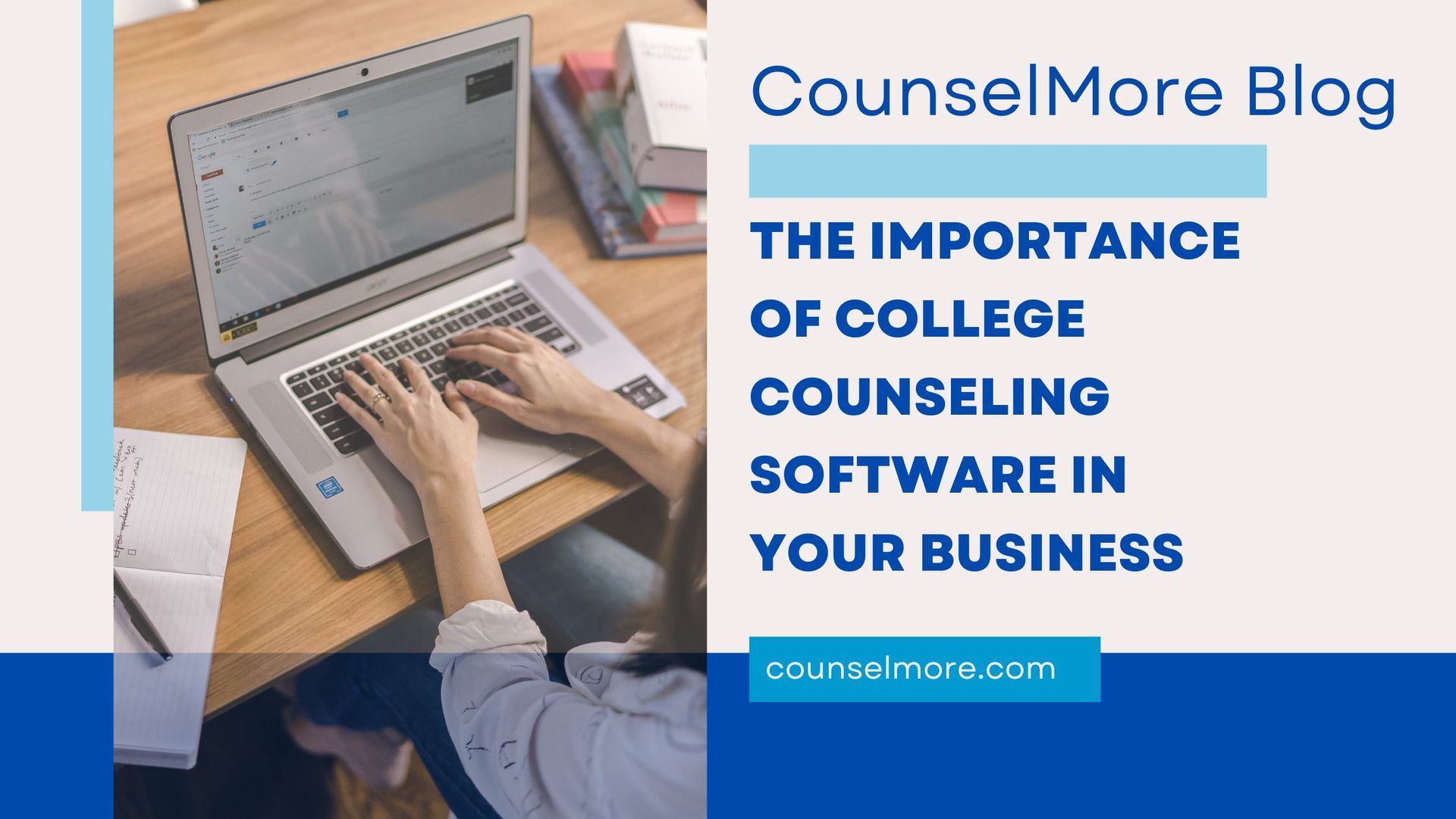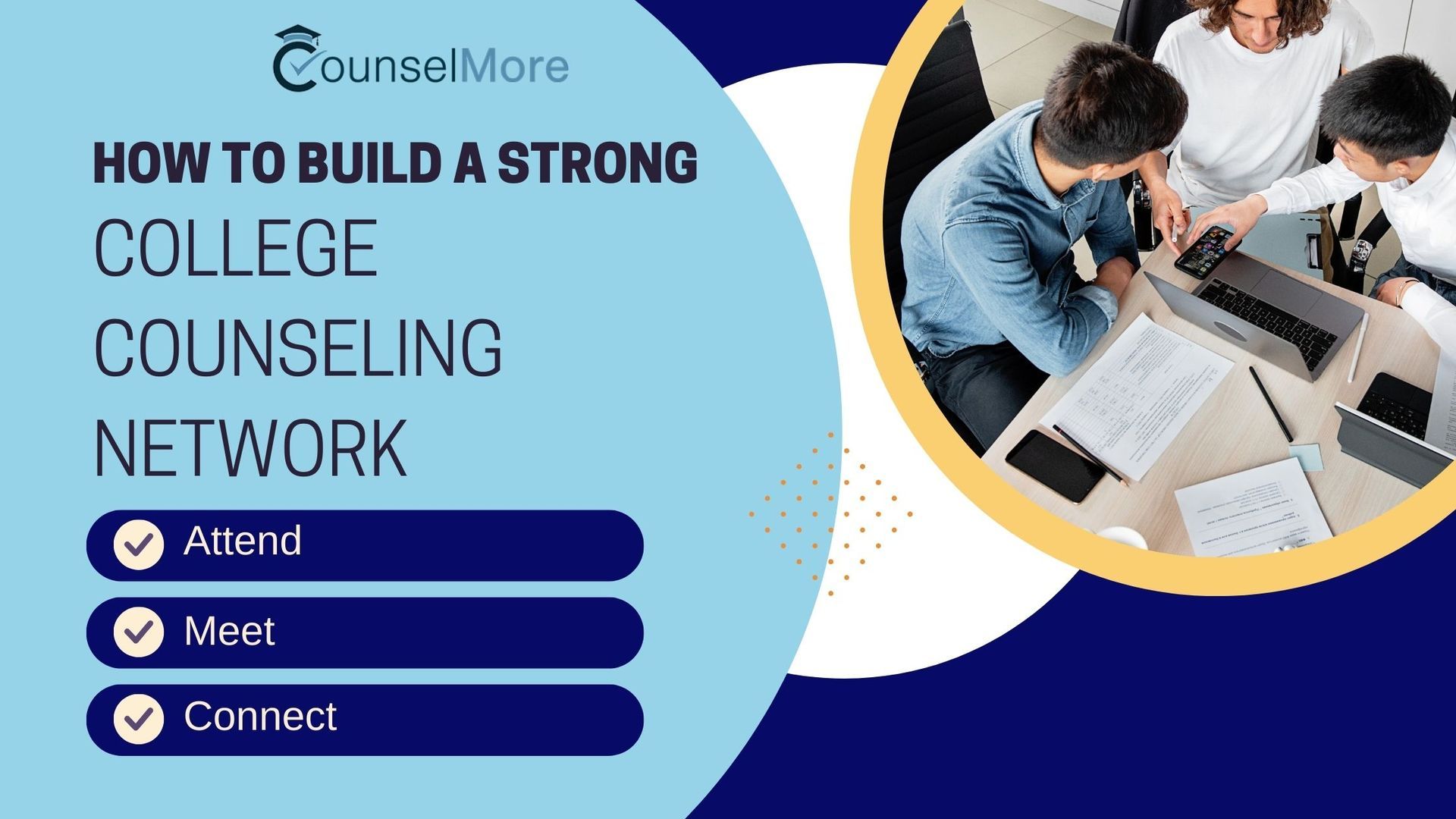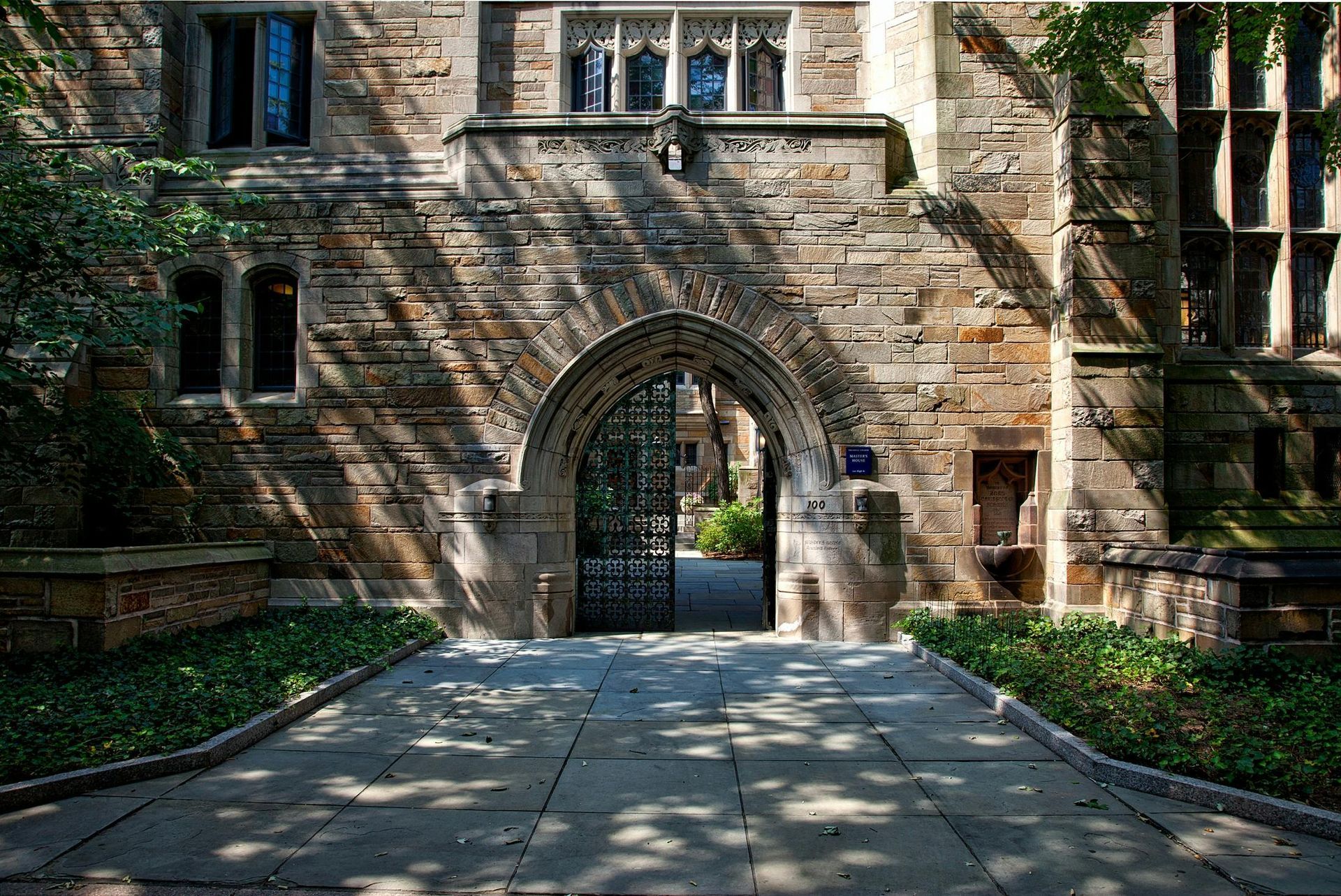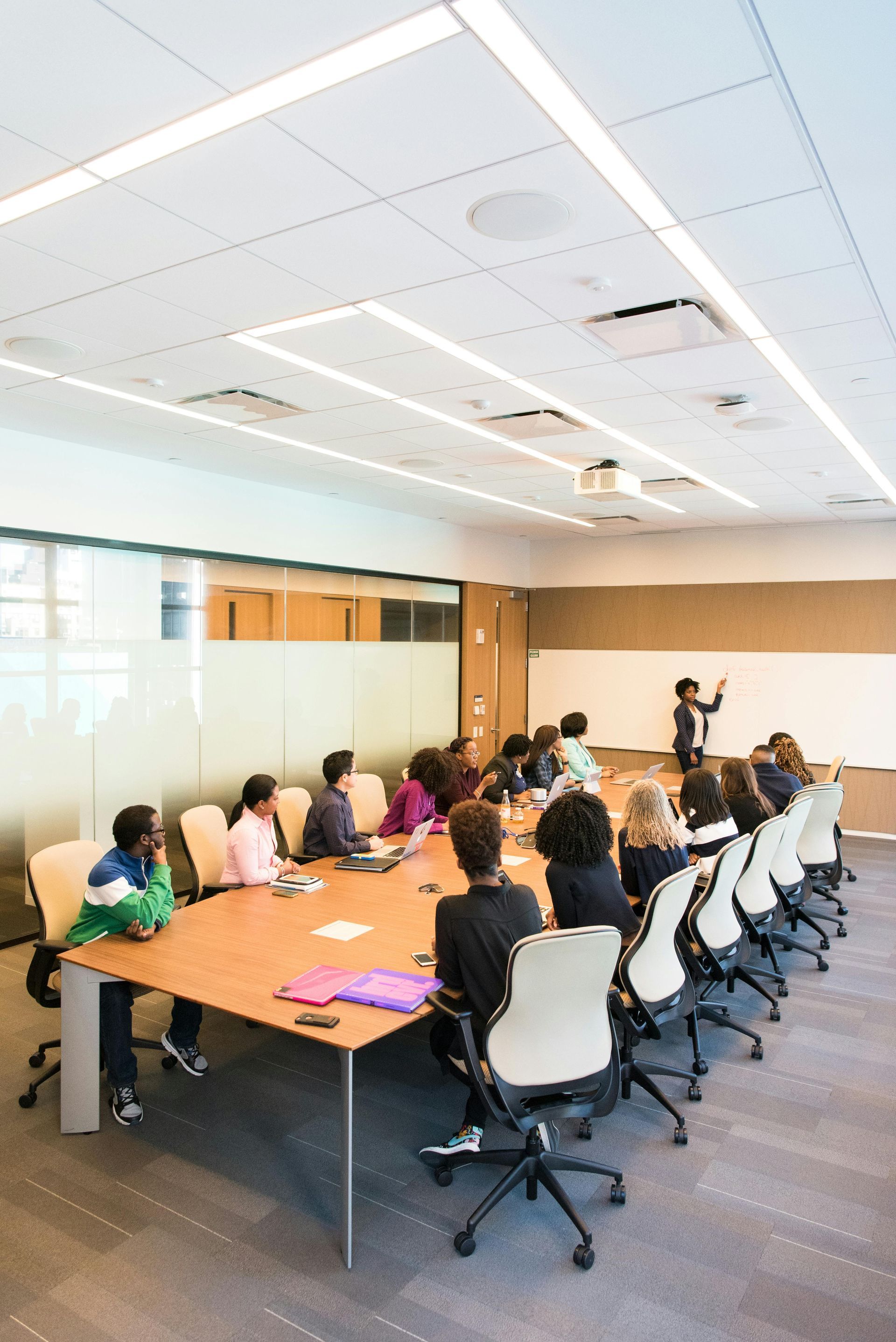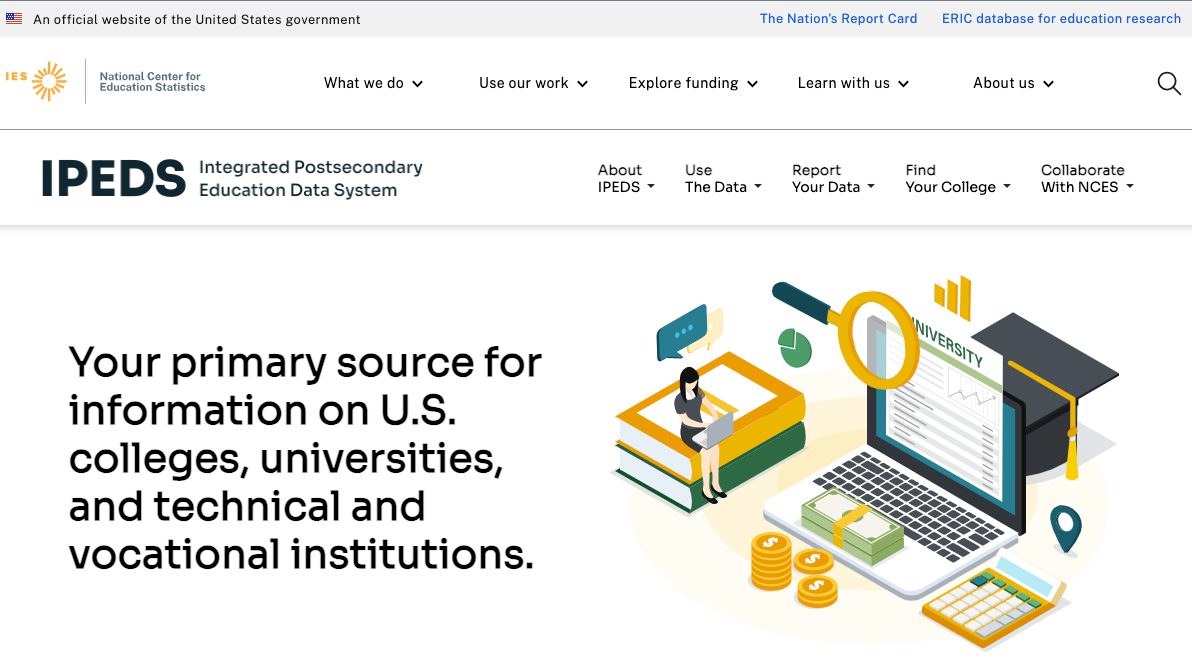Navigating College as a First-Generation Student

Growing up as a student whose parents immigrated from Vietnam as refugees, I faced unique challenges navigating the educational system. Unlike many of my peers, my parents didn't have the traditional educational background; they didn't graduate from college. This meant that I didn't have the same level of familial support or guidance when understanding the ins and outs of higher education.
First-generation college students may face many challenges and hurdles. Today, I’ll discuss how to navigate college as a first-generation student.
Understanding the Challenges of First Generation College Students
You may be wondering, what makes a student considered to be first-generation? A first-generation college student is usually defined as someone whose parents or legal guardian has not completed a four-year college degree. This means that it doesn’t matter whether your extended family members have completed degrees - if your parents don’t have degrees, you are a first-generation student. Students from low-income families or underrepresented minority groups are more likely to be first-generation.
Since there is lack of familial support, many students may not know how financial aid works or even understand academic expectations. Many students, like myself, have struggled with wondering where to even start or how to ask for help - and for what help to ask for. In a way, first-generation college students are starting from scratch and have to figure out the process on their own. This can lead to many unwanted emotions such as anxiety, confusion, and even isolation.
In this article, I’ll be addressing how to deal with these emotions, obstacles, and how to navigate college as the first person graduating from your family.
While this journey is undoubtedly challenging, it also encourages strength and resourcefulness. Many first-generation college students are further driven to provide a better future for themselves and their families. With the right support and resources, first-generation students have the potential and beyond to be successful and contribute to their community as a whole.

Finding Support and Resources In Higher Education
Finding support, whether it be on campus or off-campus, seems like a daunting task, especially when you don’t know where to start. Fortunately, there are many resources out there for first-generation students - let’s talk about how to find them.
There are many colleges that offer support specifically designed for first-generation students. Research, whether online or in-person, will help you see what is out there. For me, I went to community college in California for two years and was a part of the
Extended Opportunity Programs and Services (EOPS). This program ensured that I met with a counselor a few times during the semester, while outlining my transfer plan and making sure I got to ask any questions regarding school. This program is specific to California, but many other states offer similar programs for first-generation students.
Additionally, many schools have first-generation student centers and counseling as part of their student life staff. At the college I transferred to, I utilized the on campus counseling services that the school offered. Through that, I was offered an invite to group counseling for first-generation college students which was very helpful for me. Some colleges also offer
mentor programs that can give you guidance and support, as well as 1:1 coaching. By simply asking a professor, counselor, or students around you, there are opportunities for support that you might’ve never known about. It’s important to gather the courage to ask - you do not need to be alone in this challenge.
Navigating test prep is another crazy maze to navigate. Many first generation college students can't afford expensive test prep tutoring programs. While not free, there are a few inexpensive test prep courses that students can take advantage of. Achievable is a great example of this. Most test prep programs that I know of cost thousands of dollars. Achievable has an Online ACT Prep Course for $130. With a bit of discipline and technology, obstacles like test prep and college application can be surmounted.
Another big thing that many first-generation college students struggle with is the financial aid process. It’s byzantine, and some students aren’t lucky enough to have parents that are well-versed in the application. There are many
financial aid workshops that students can attend, and you should consider asking academic counselors for access to more resources as well. Simply going to your financial aid office in person can also be beneficial and give you answers to specific questions you have about the process.
Another obstacle that first-generation college students face is feeling like they don’t belong. Making friends with fellow first-generation college students can be comforting, especially because you can talk to them about this shared experience. This helps you feel less alone in your journey and you’re able to have peers to relate to certain struggles that other students may not understand. By seeking out clubs or programs specifically made for first-generation college students, you can get a better sense of belonging and possibly make lifelong friends.
Overcoming Obstacles As a First Generation College Student
First-generation students are 71% more likely to leave college in their first year compared to non-first-generation students. They often face more difficulties adjusting to college and succeeding academically than their peers. Some of these difficulties include mental health, social support, family support, and socioeconomic status.
Something that I wish I had done in my earlier college career was prioritizing my mental health. I found myself having imposter syndrome and comparing myself to other students, many of whom had guidance and nurturing from their parents that I did not. This greatly impacted how I viewed myself, my struggles, and my sense of belonging. Being an advocate for yourself can be hard, especially when you don’t know where to even start.

Taking initiative is the first step. It's essential to recognize that prioritizing your mental health is not a sign of weakness, but rather a crucial aspect of self-care and well-being. Whether it's seeking counseling services, joining support groups, or practicing self-care activities, finding ways to manage stress and maintain a healthy work-life balance is essential for academic success and personal fulfillment.
I noticed that the majority of first-generation students at my school were often juggling work and school full-time. I was also in the same situation. This can be a major challenge that is more common with first-generation college students. Balancing work and academics can be incredibly stressful and take a toll on one’s well-being. It's important to set realistic expectations for yourself and prioritize self-care, even in the midst of busy schedules.
In addition to managing work and academics, first-generation students often face immense pressure to succeed. It's important for first-generation students to recognize that success is not defined by perfection or external validation. It's okay to set realistic goals, make mistakes, and learn from setbacks along the way. By attending college at all and hopefully graduating, you will go further in the American education system than anyone in your family before you - and that is a huge accomplishment worth celebrating.
Celebrating success
Reaching and graduating college as a first-generation college student is a huge achievement. According to statistics, around 37% of first-generation students graduate college. Being a first-generation college student carries with it a unique set of challenges, from navigating the complex admissions process to managing the unfamiliar academic environment. Despite these obstacles, those who persevere and earn their degrees defy the odds.
Each step forward, each milestone reached, is a victory not only for the individual but for their entire community. It's a celebration of resilience, ambition, and the belief that education is the key to unlocking a brighter future. Be proud of yourself and know that you are making a huge difference in your own life and in the lives of your family and community.
Author Bio:
Hi, my name is Courtney Dang, a college student passionate about marketing and fueled by a love for learning. Some of my hobbies include crocheting, reading, or hitting the gym. I'm all about sharing useful knowledge, whether it's marketing insights or the latest crochet techniques!

